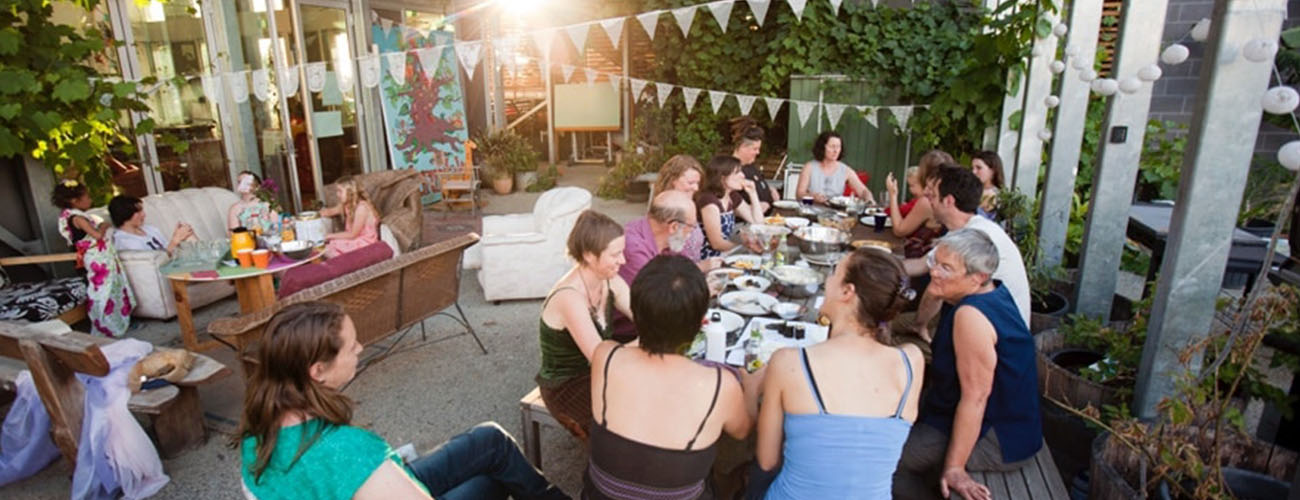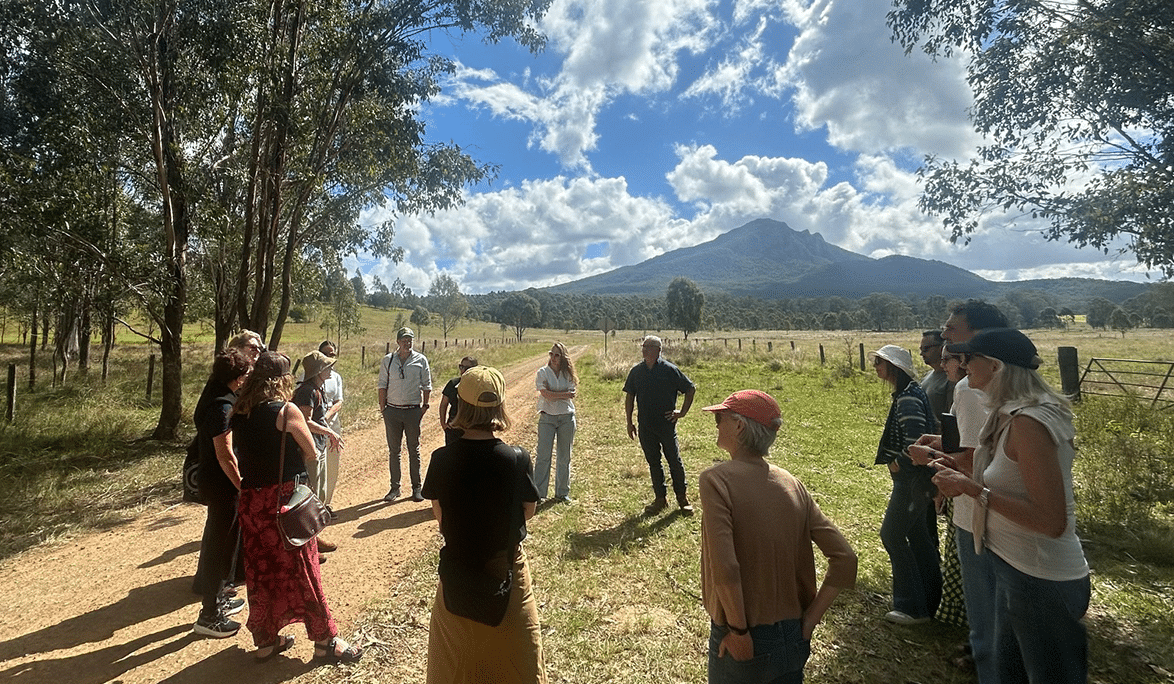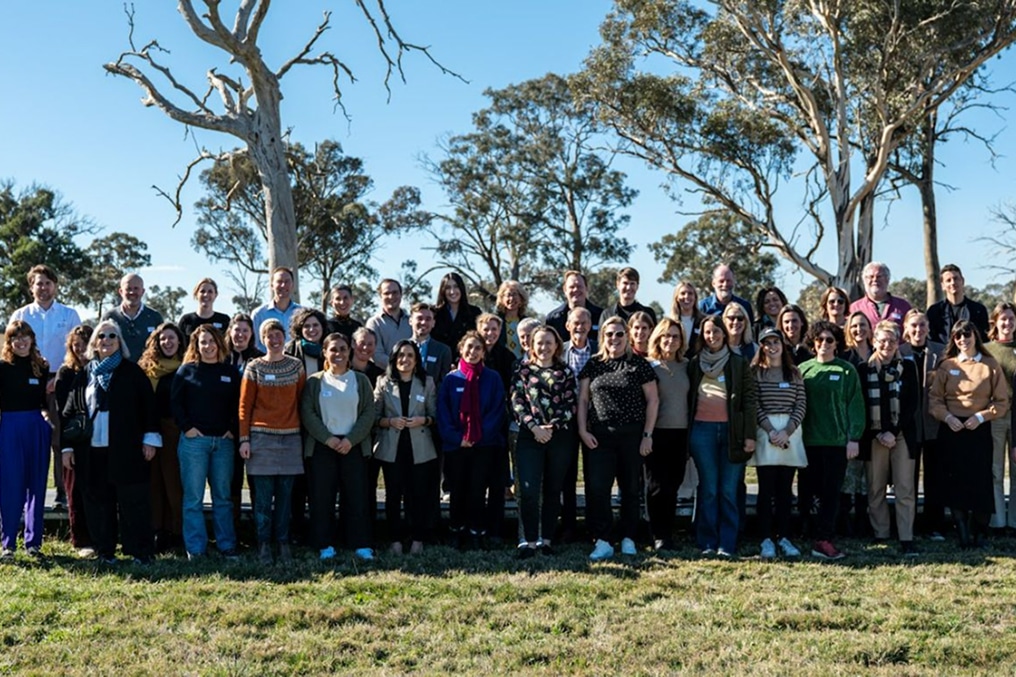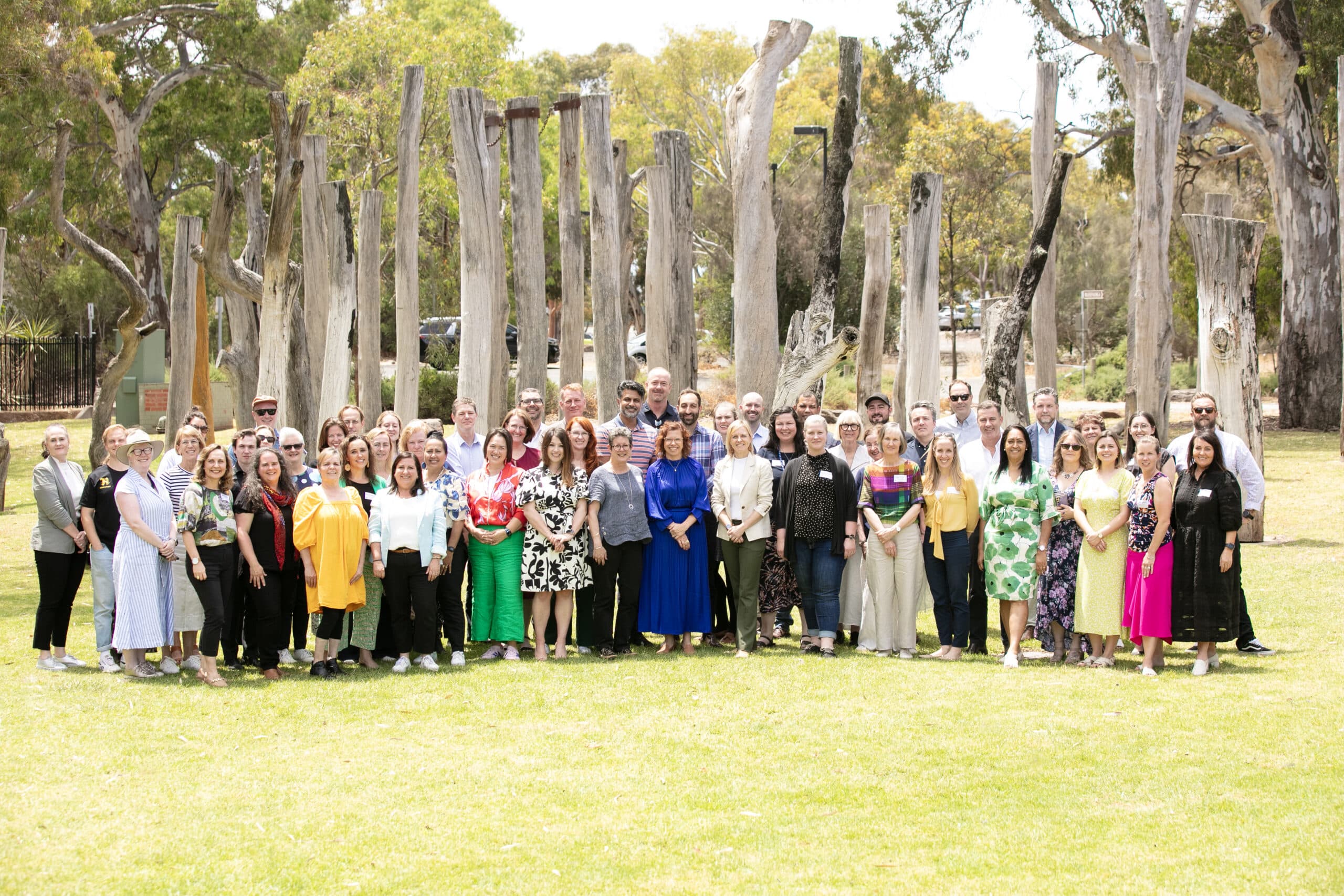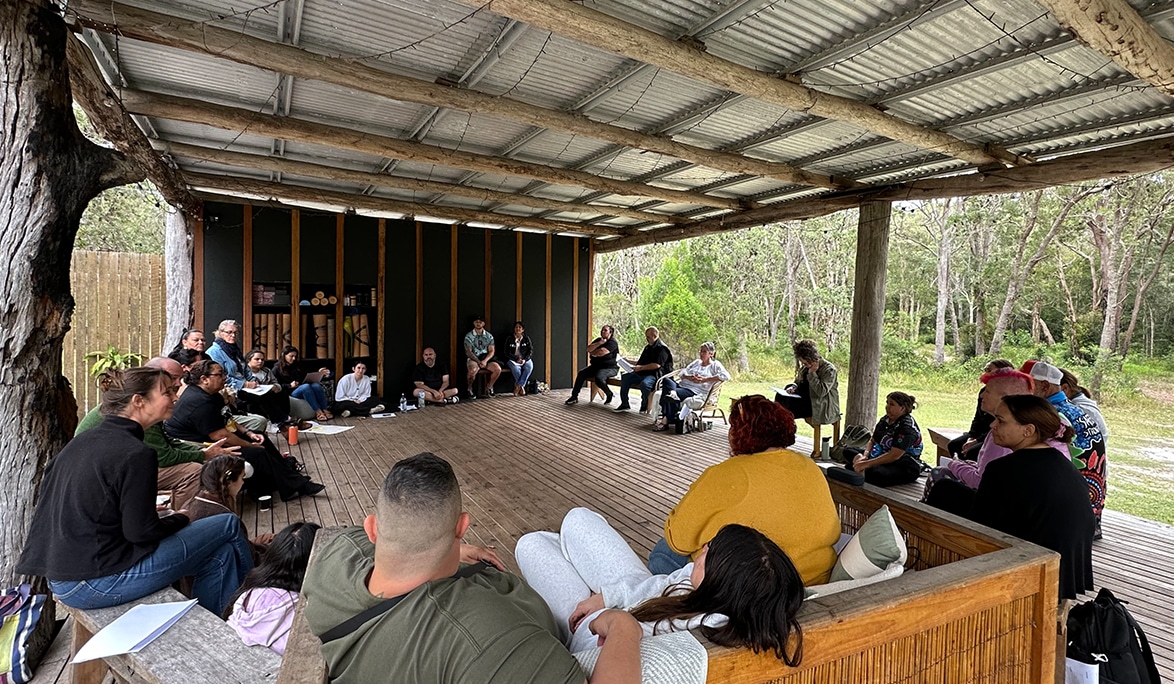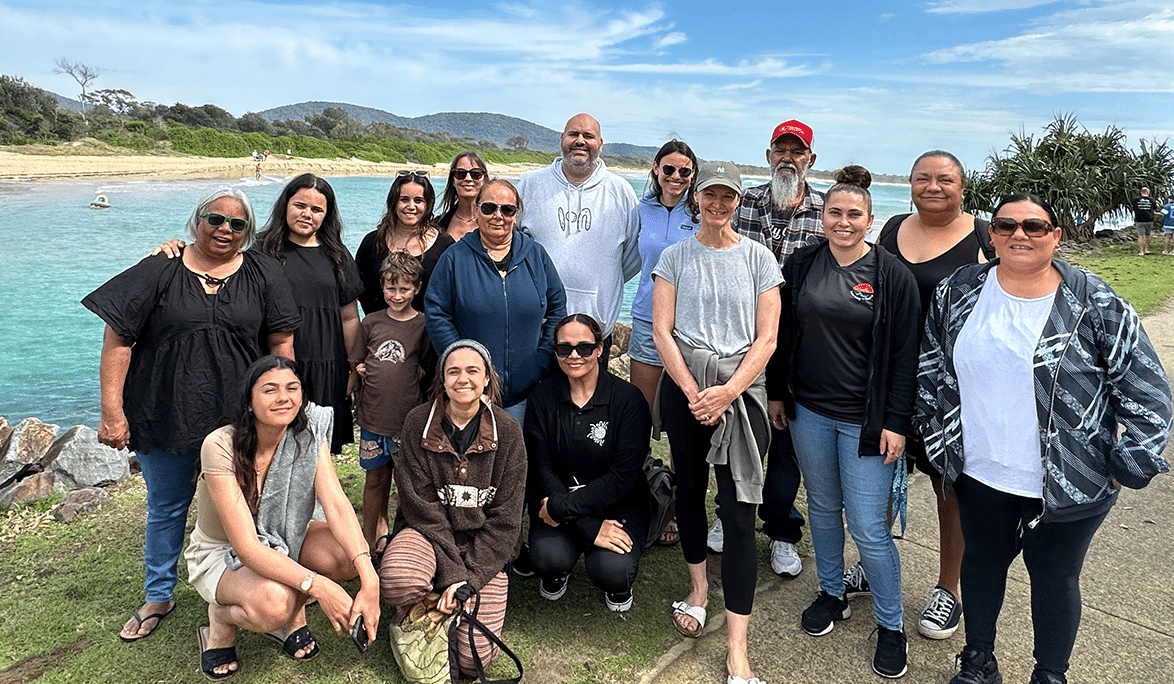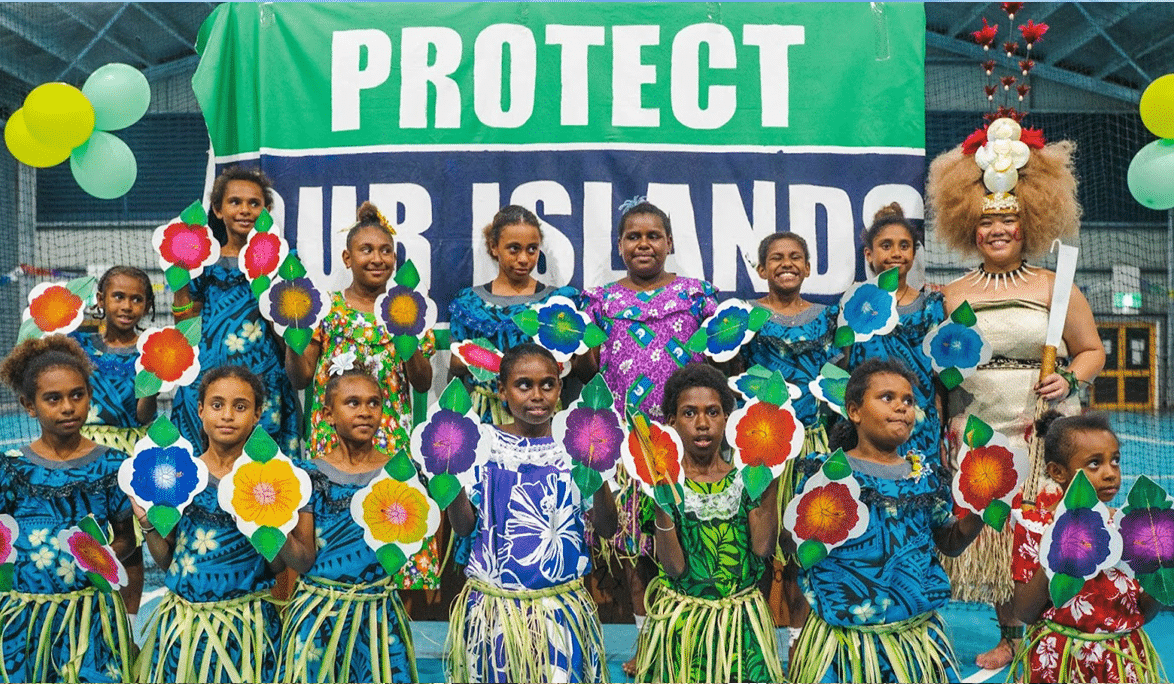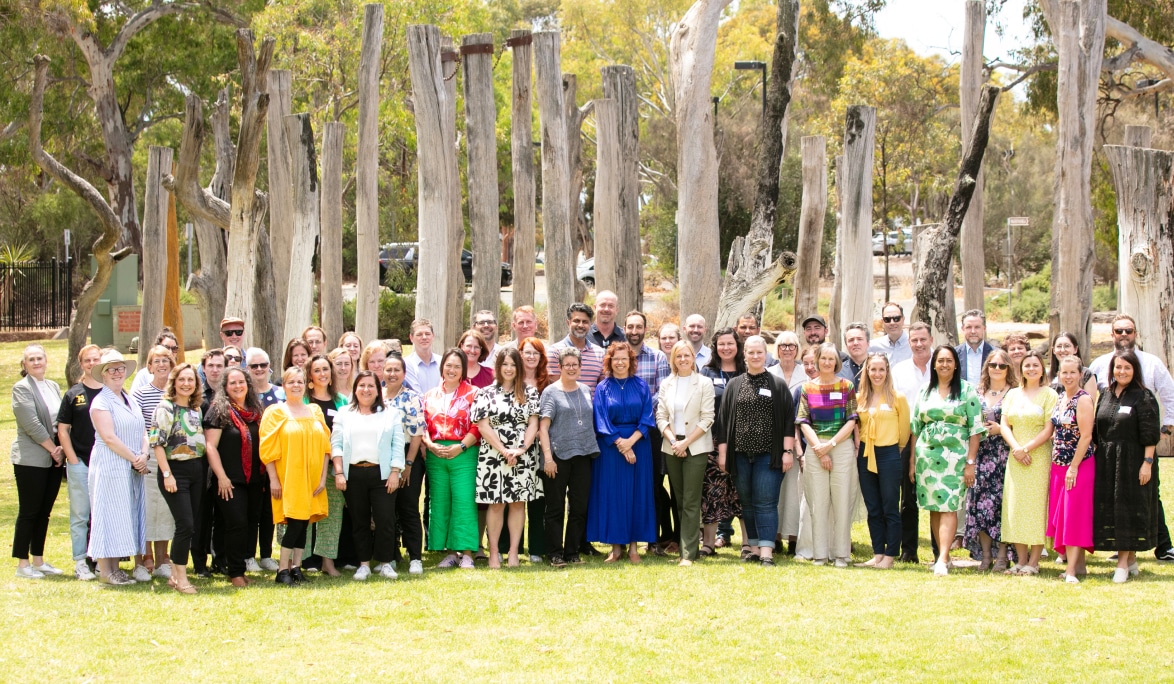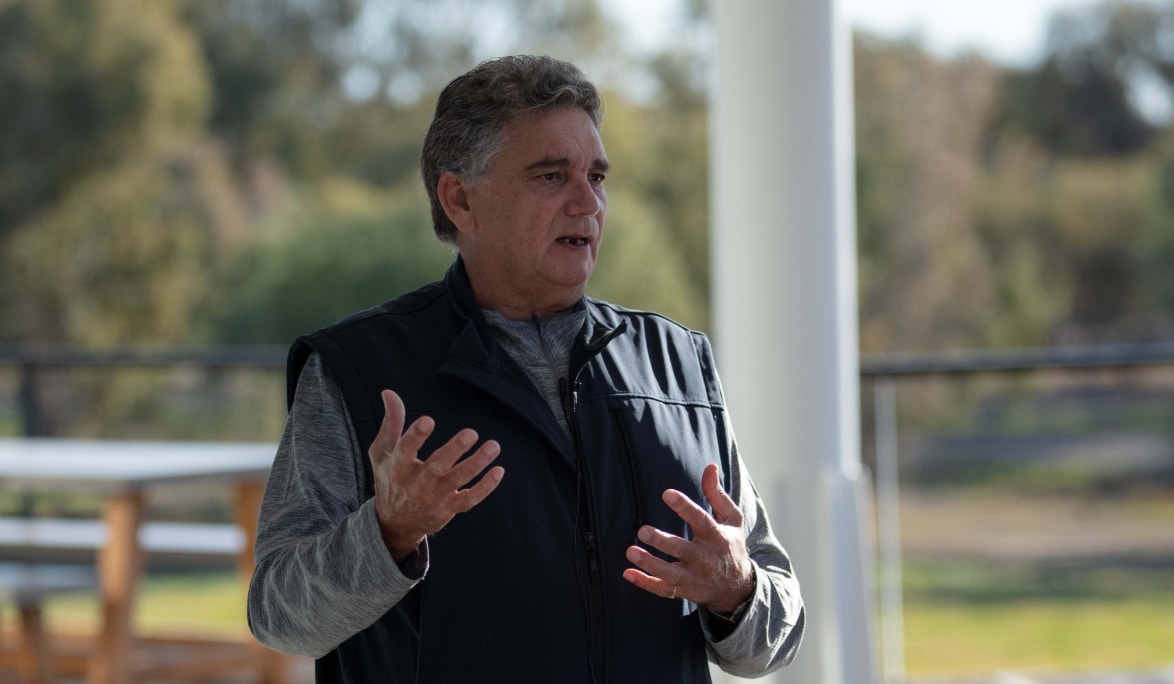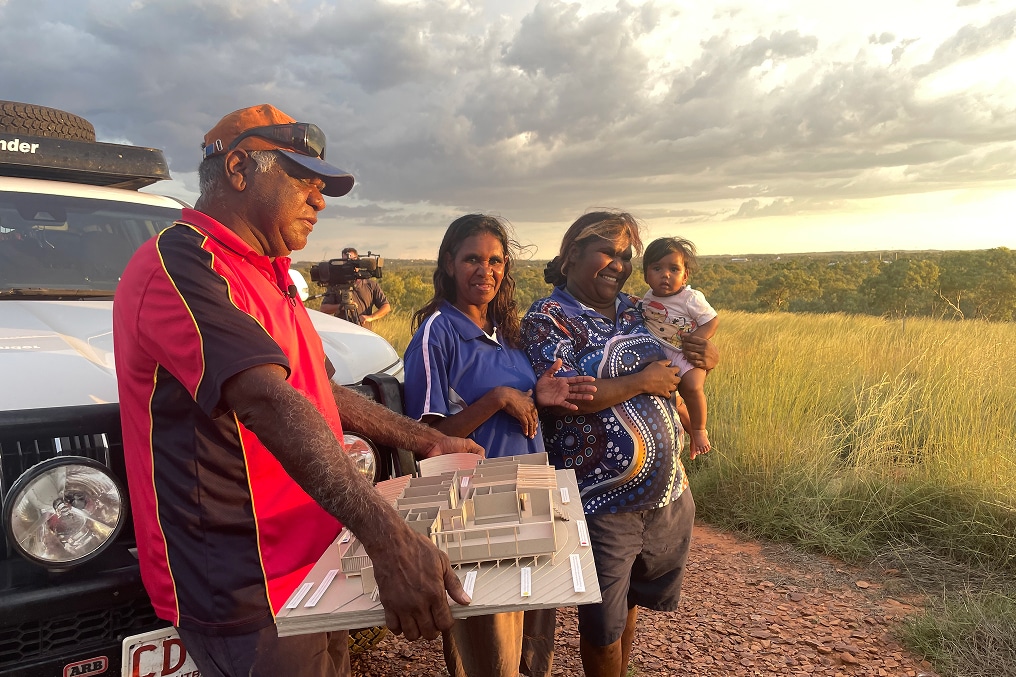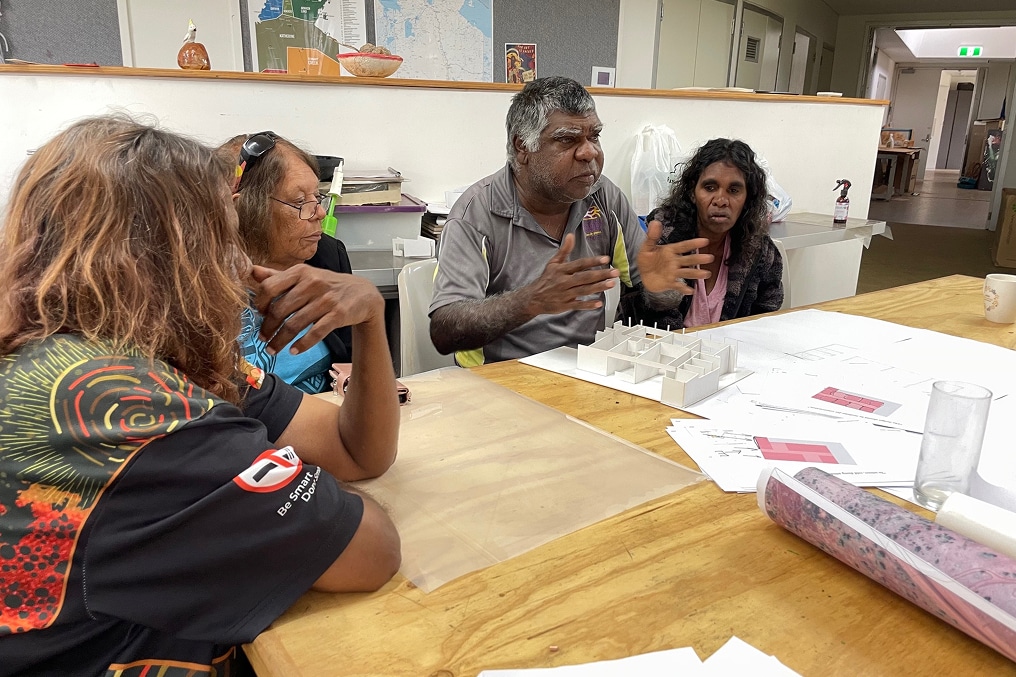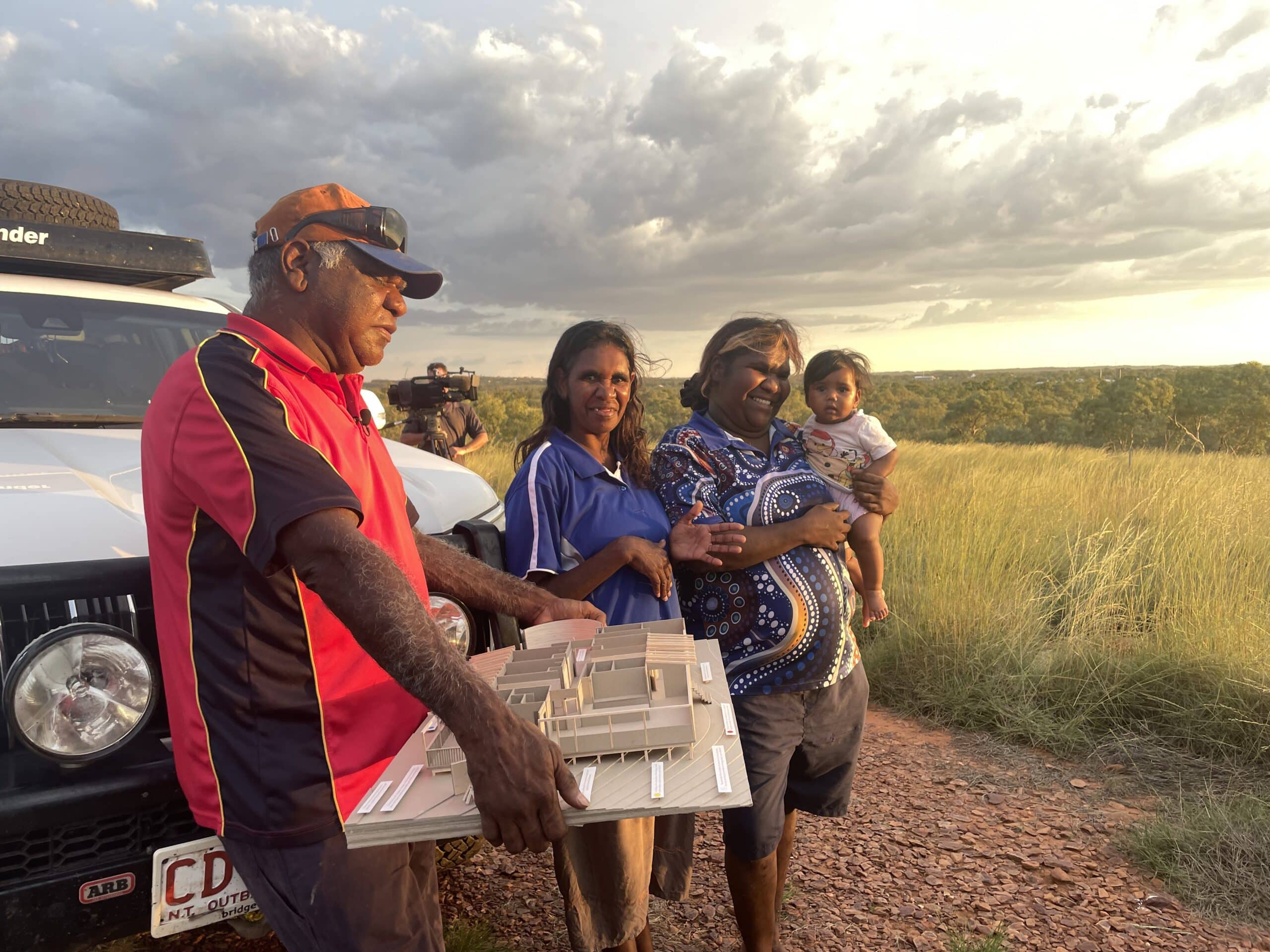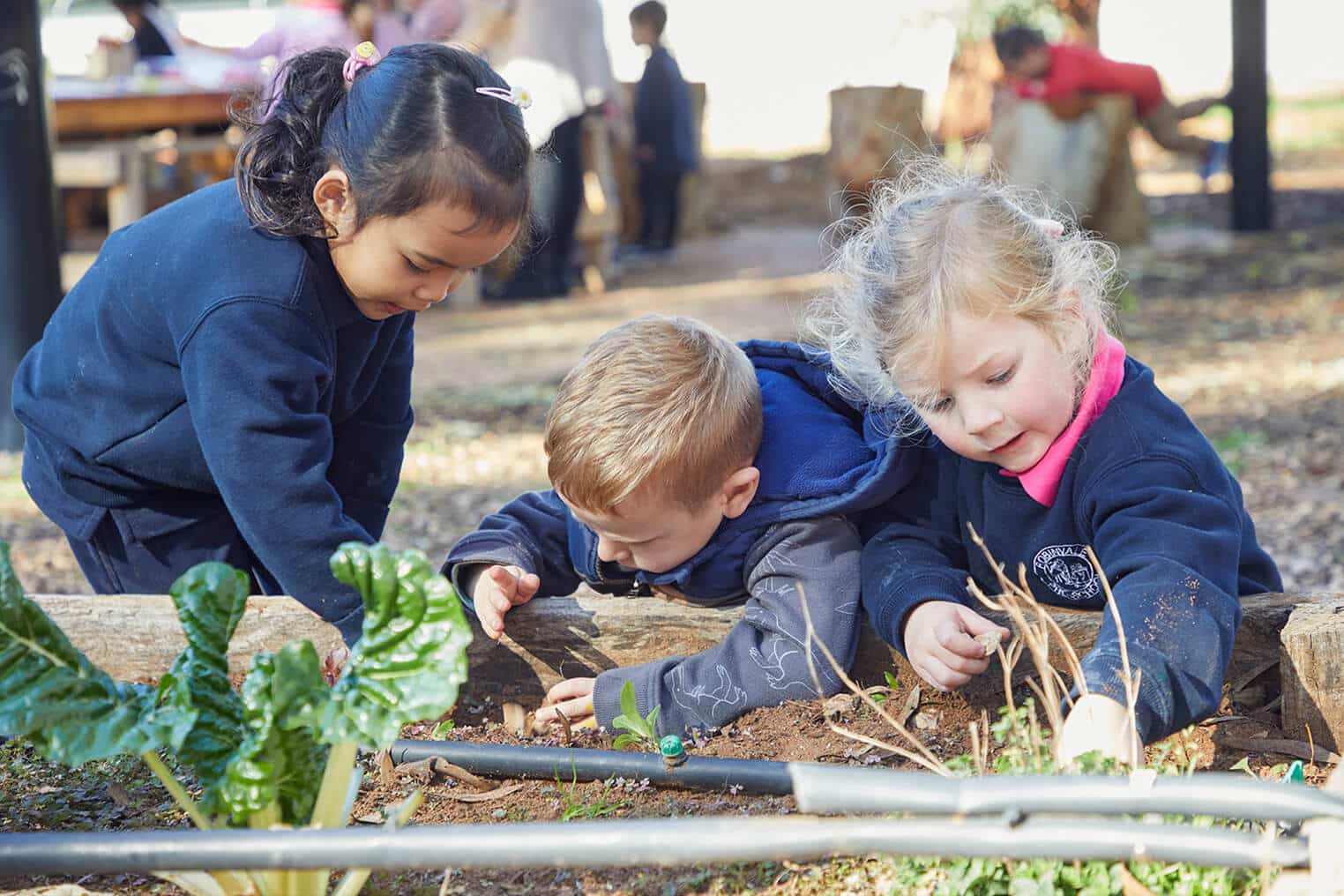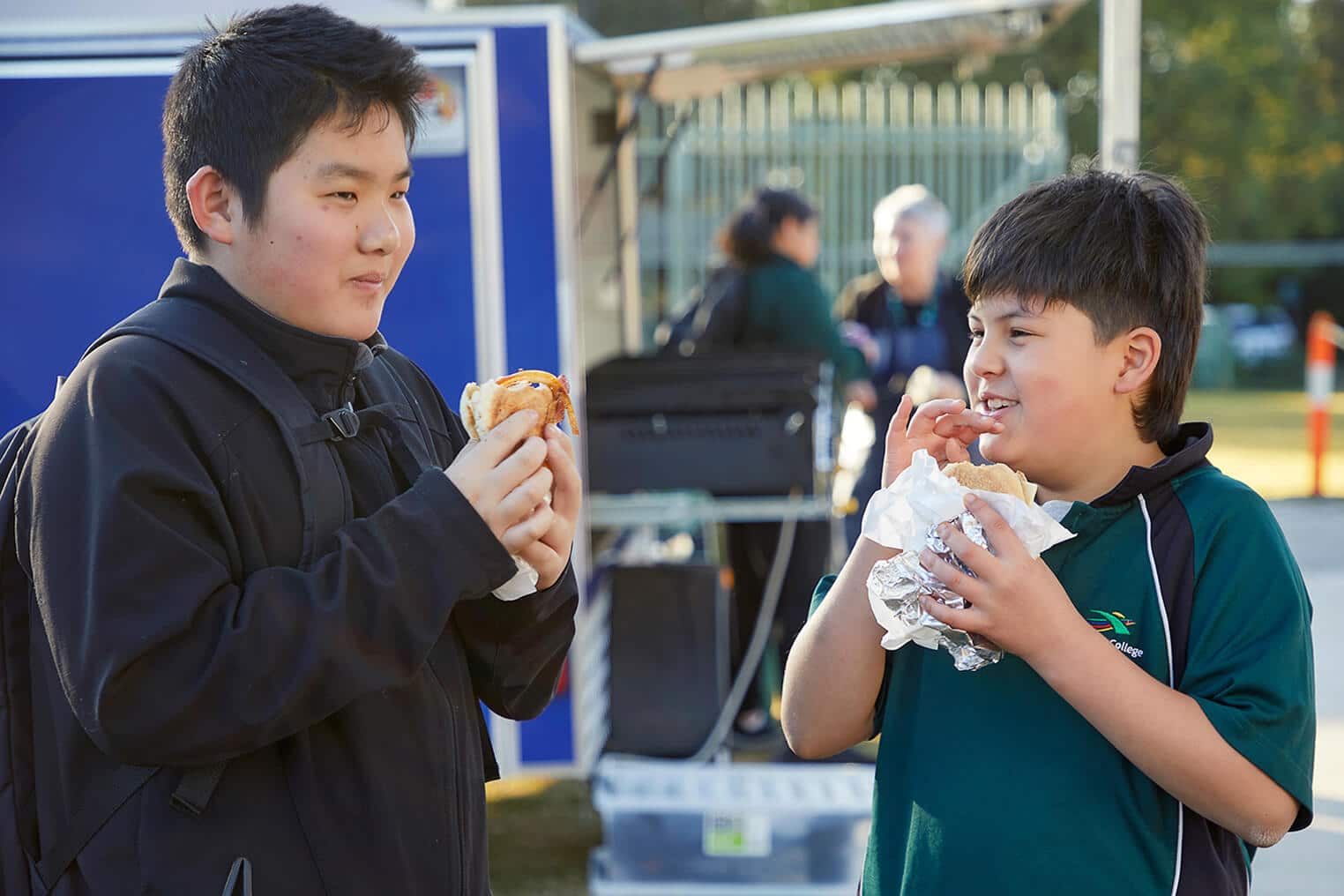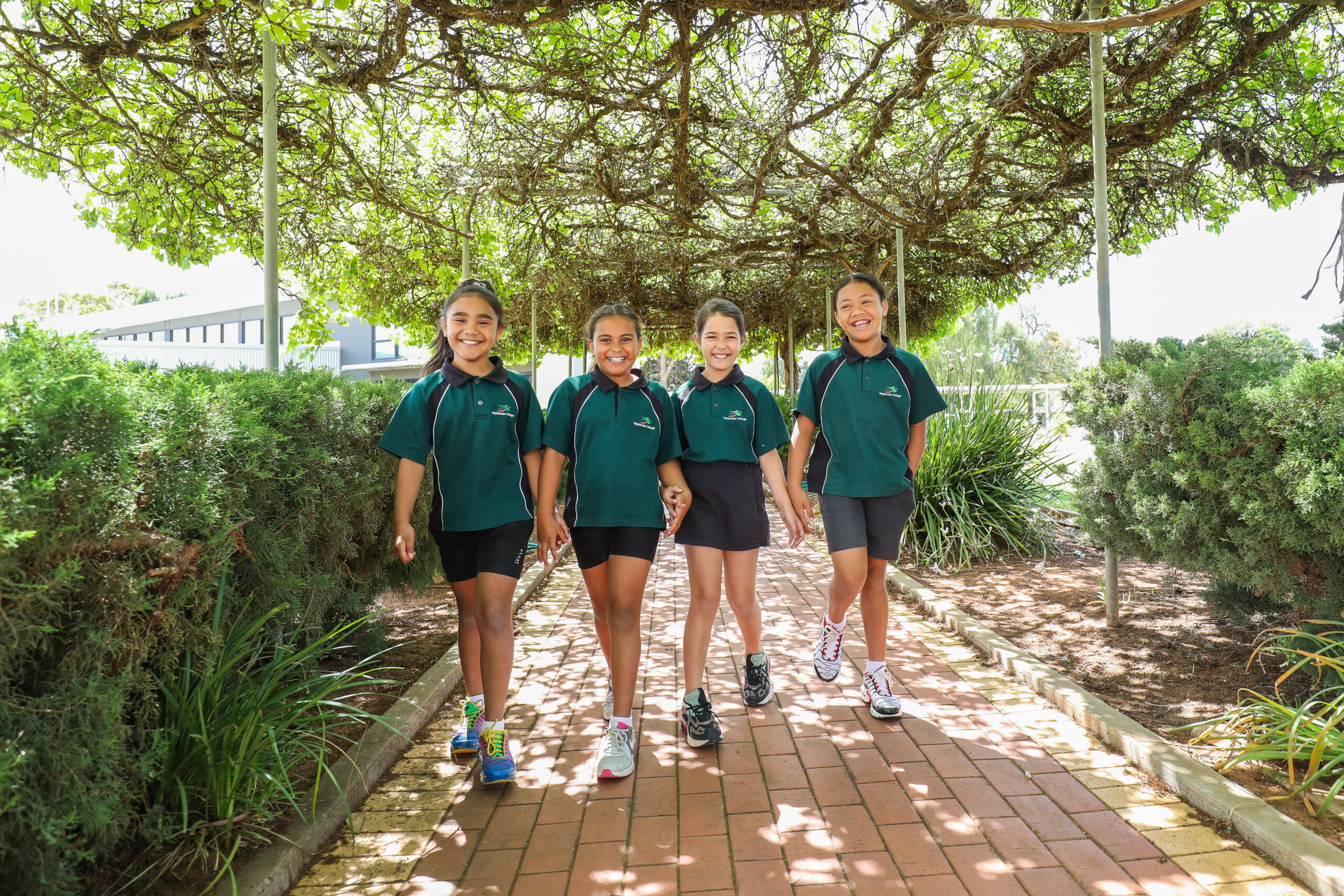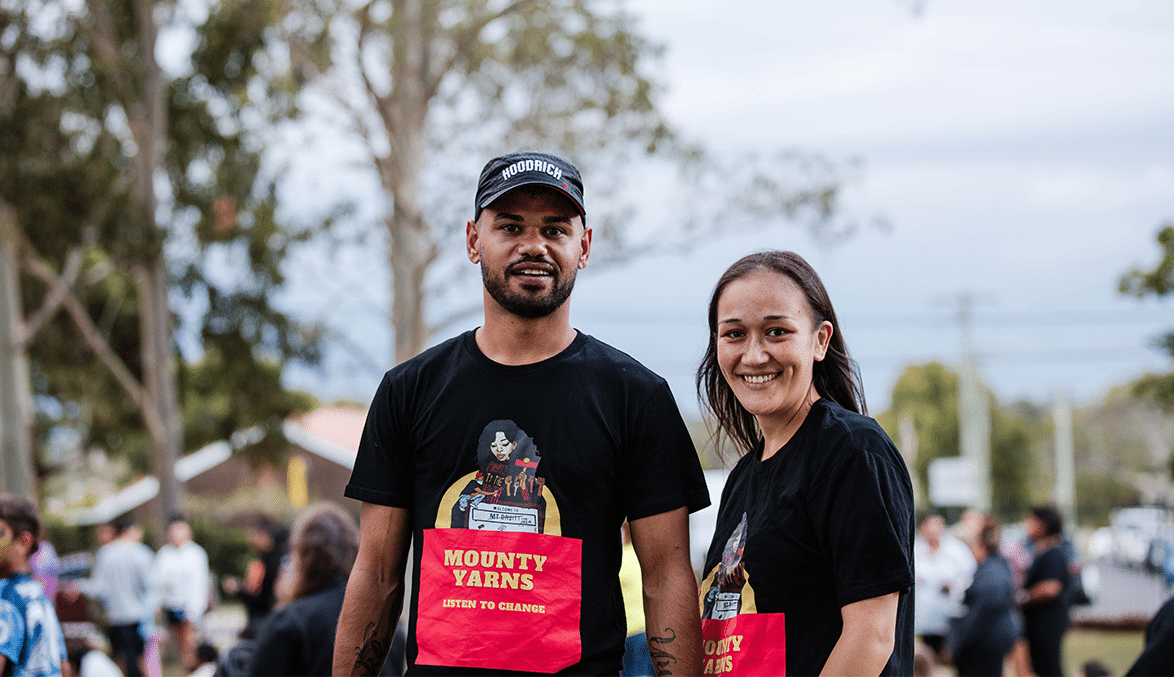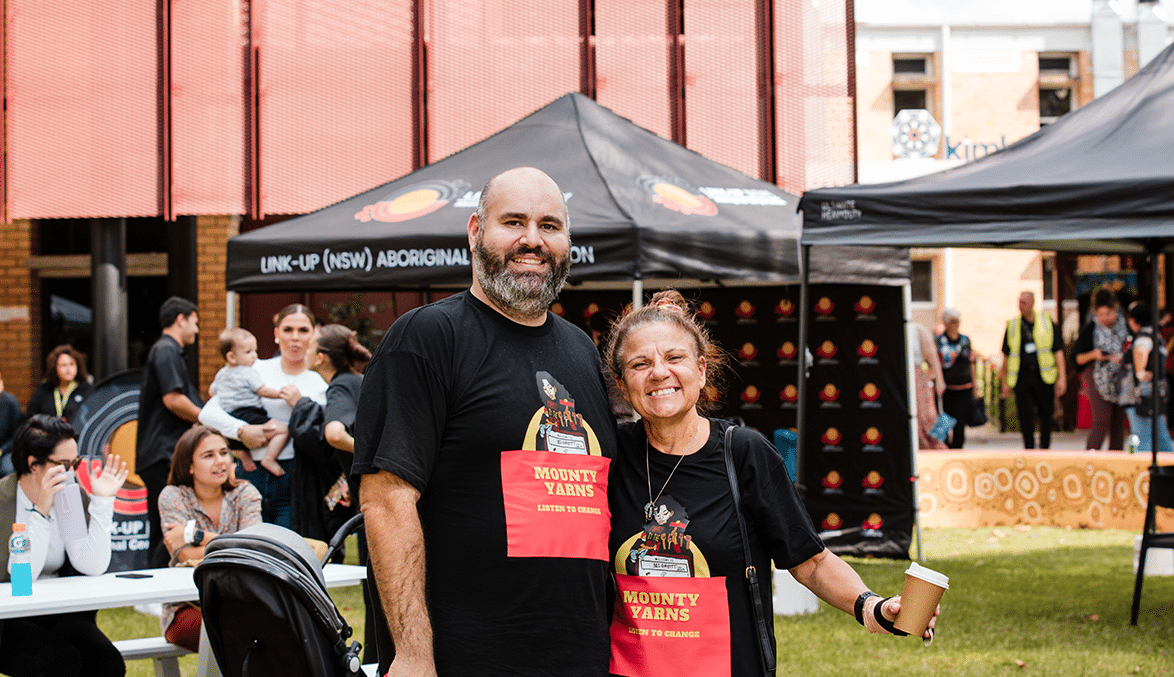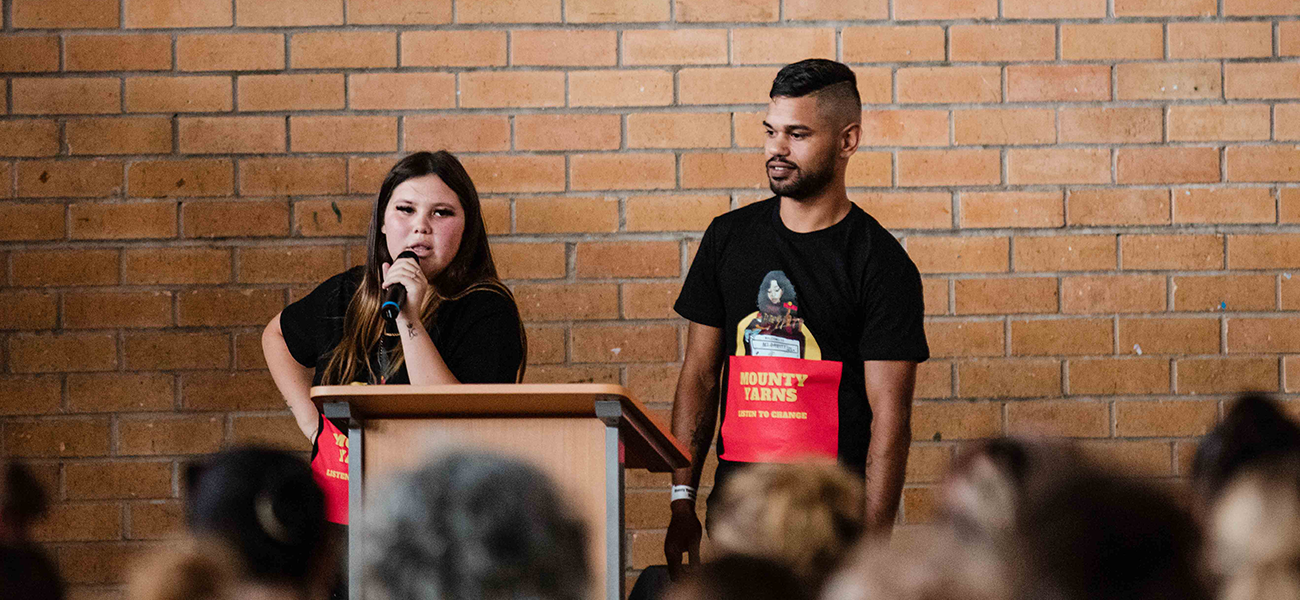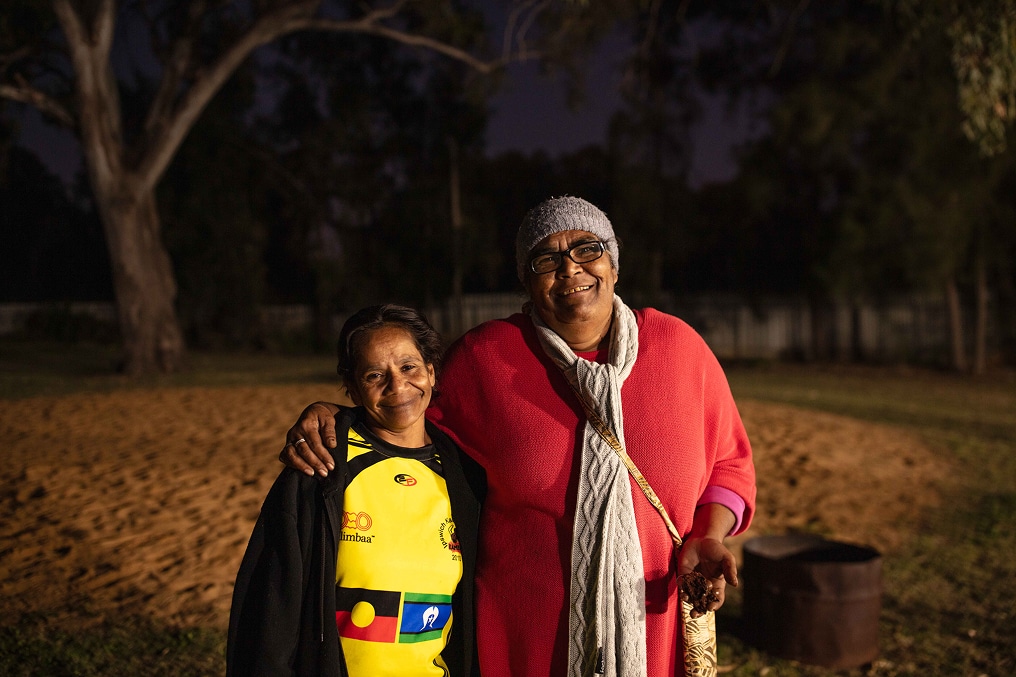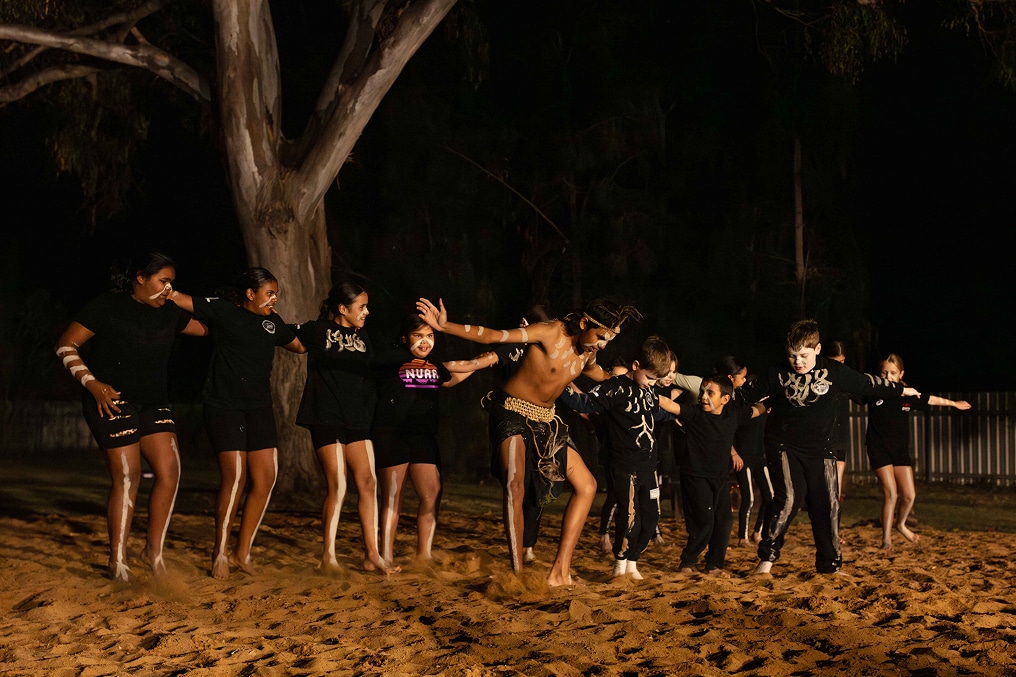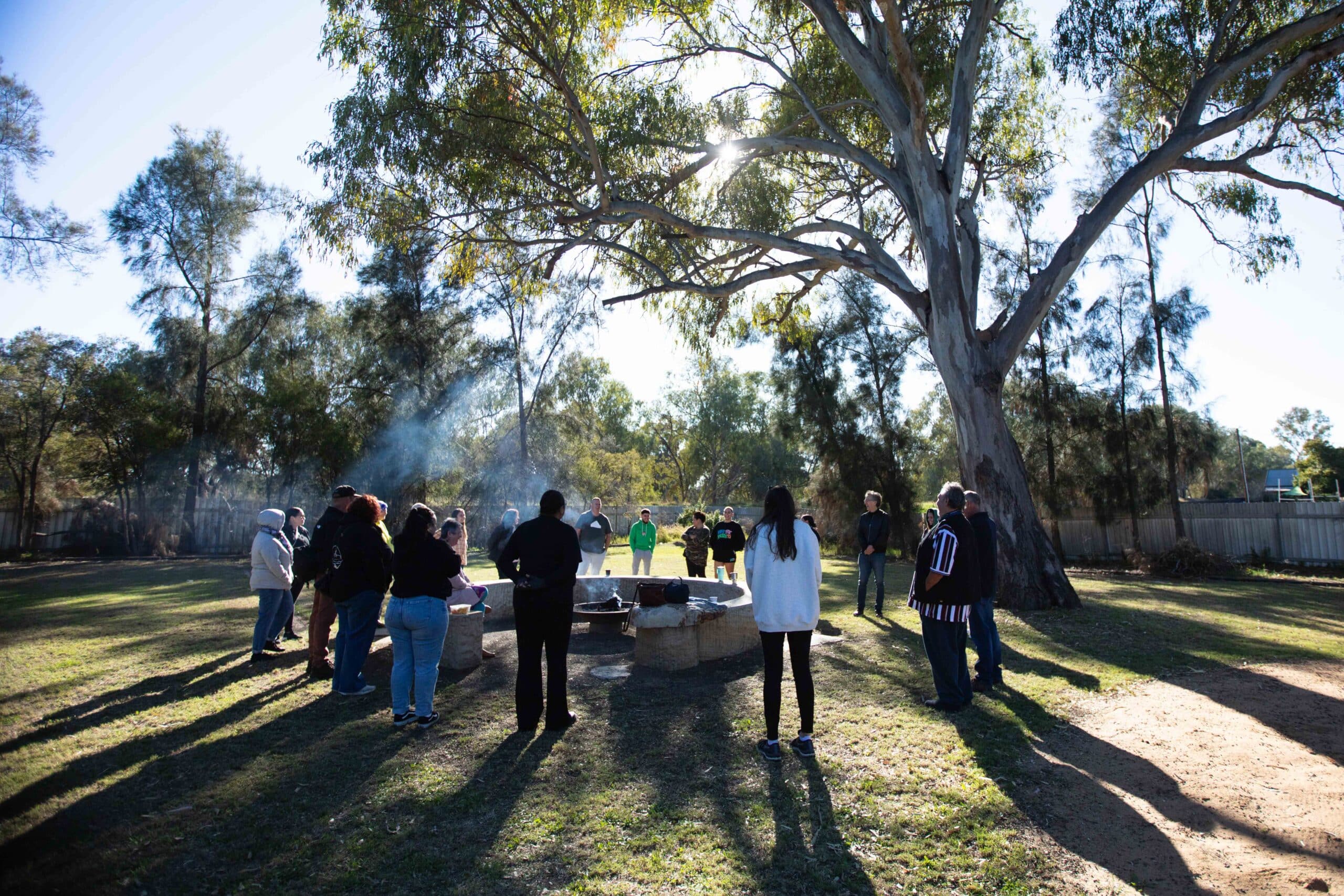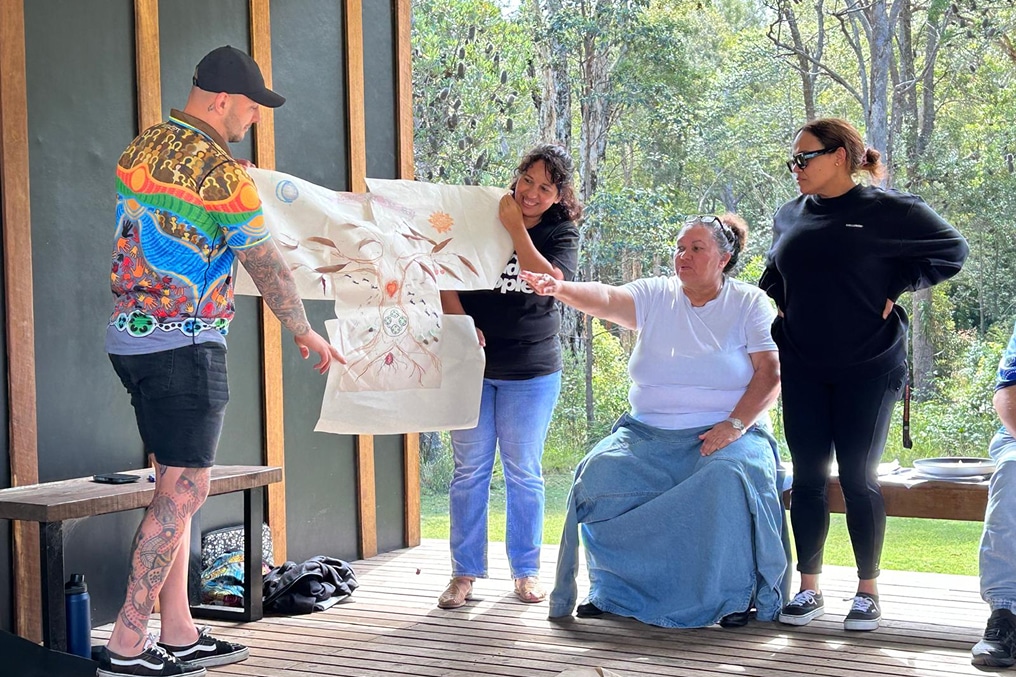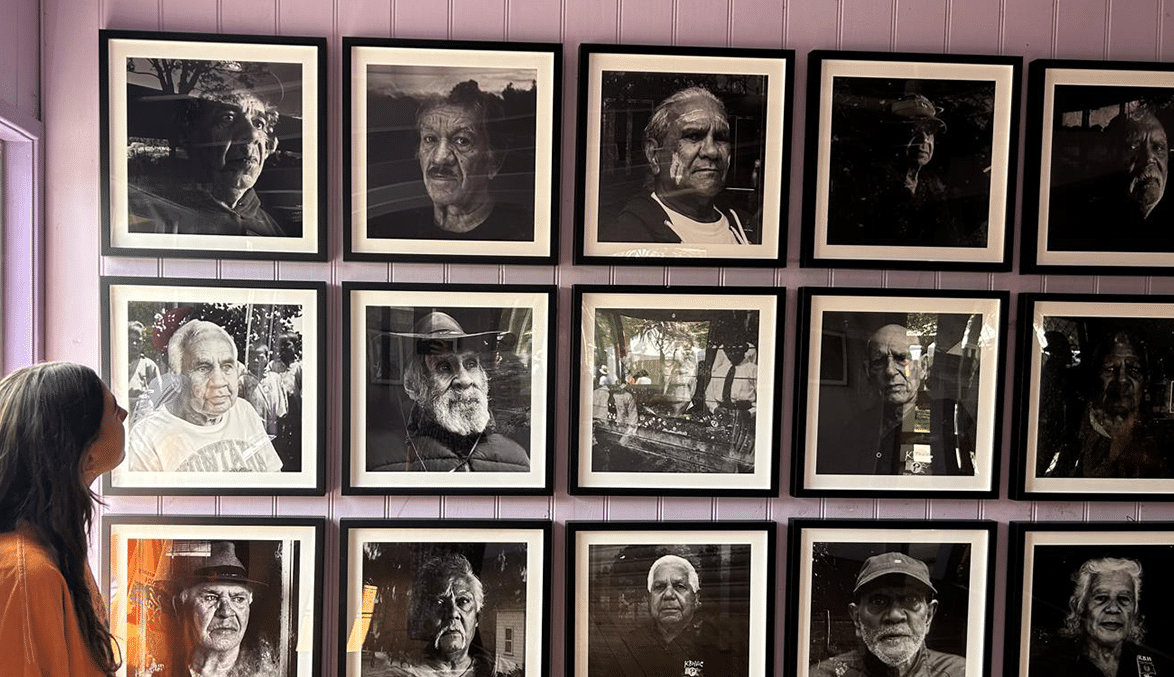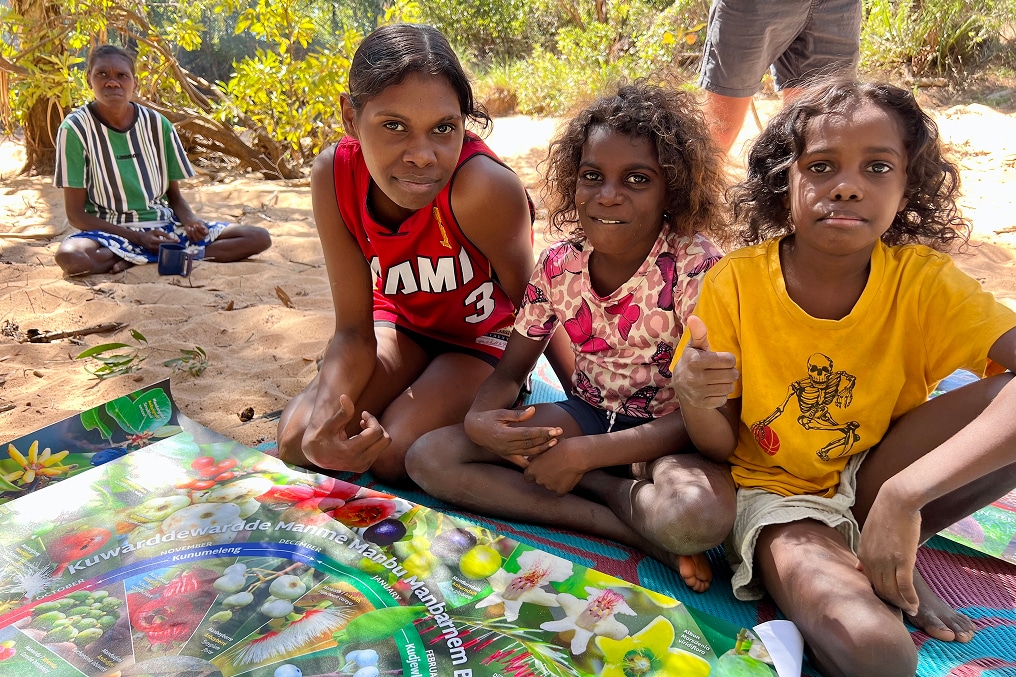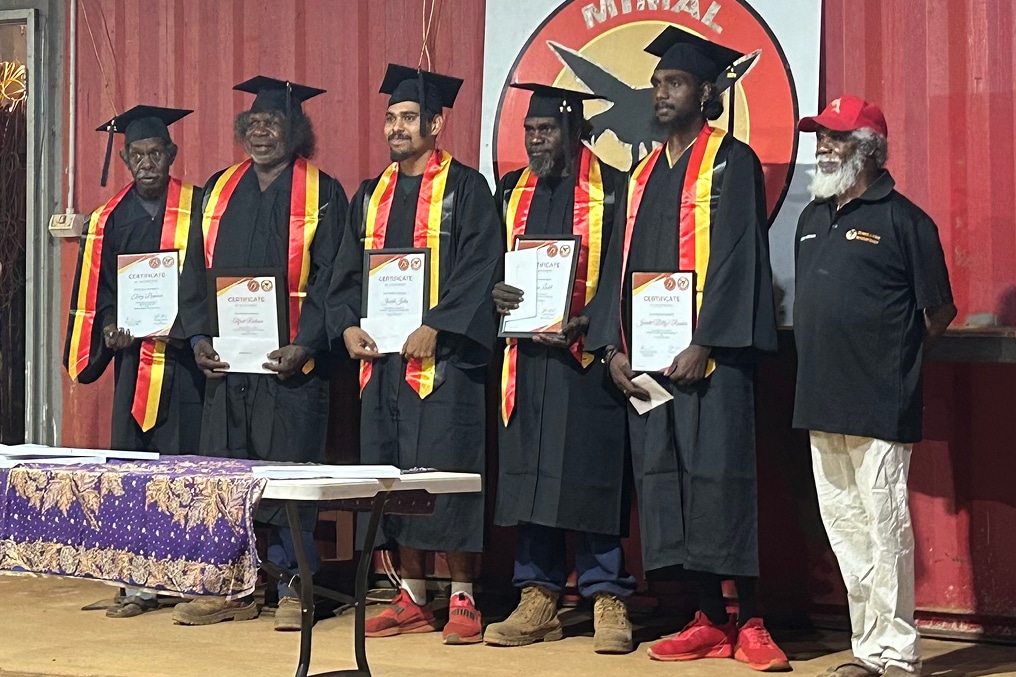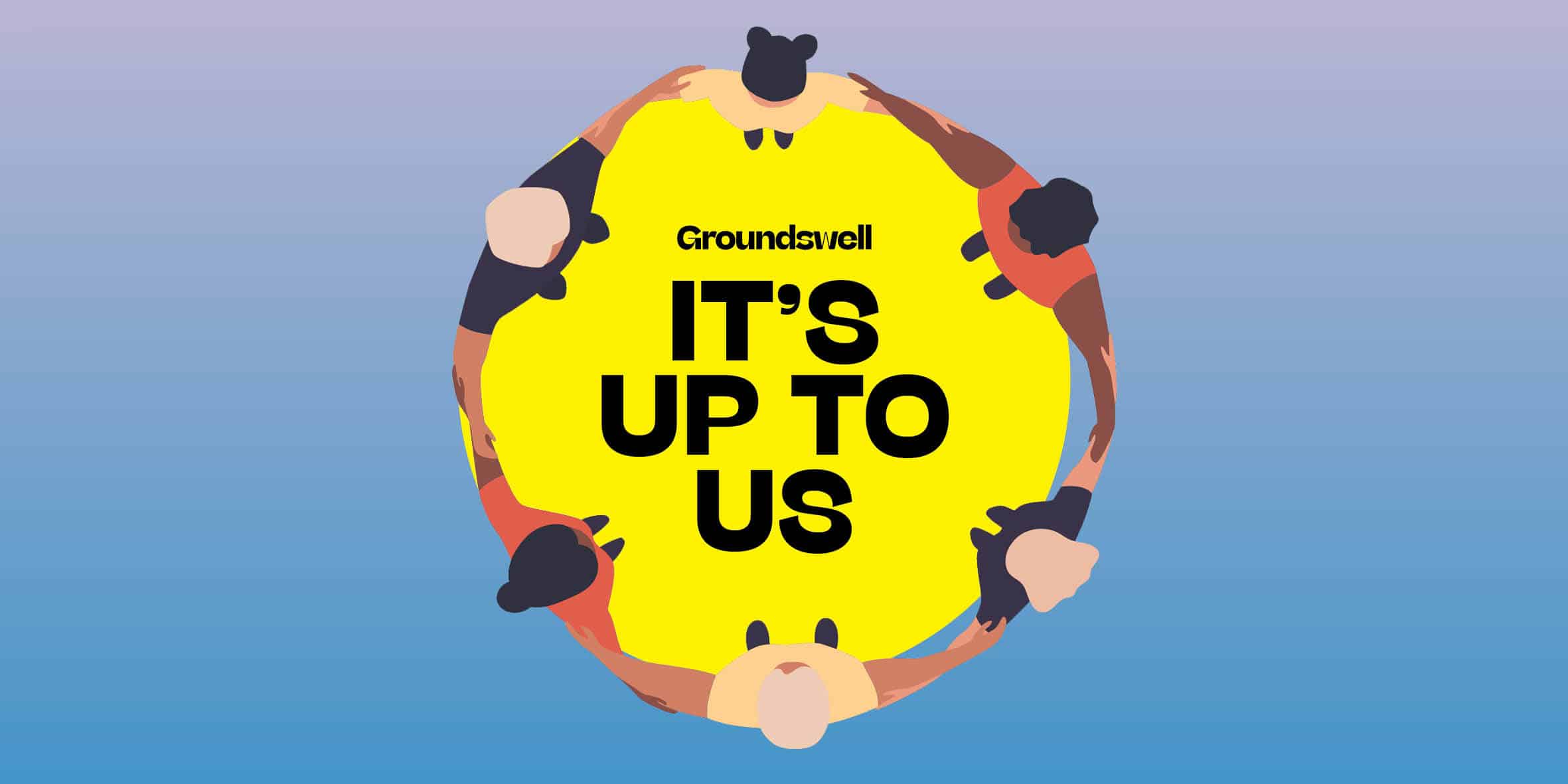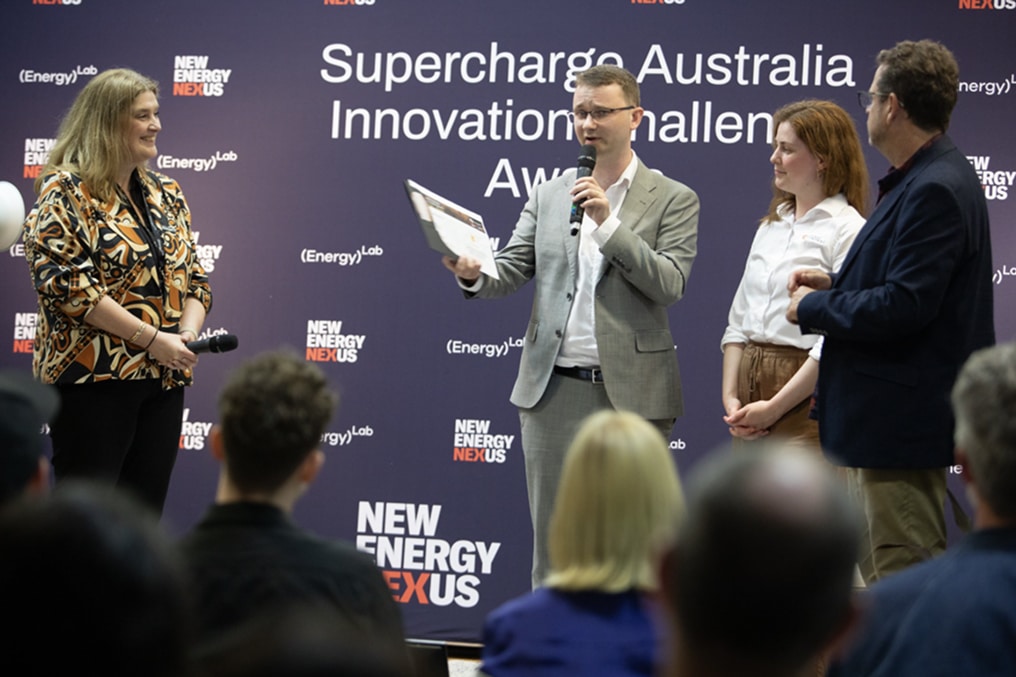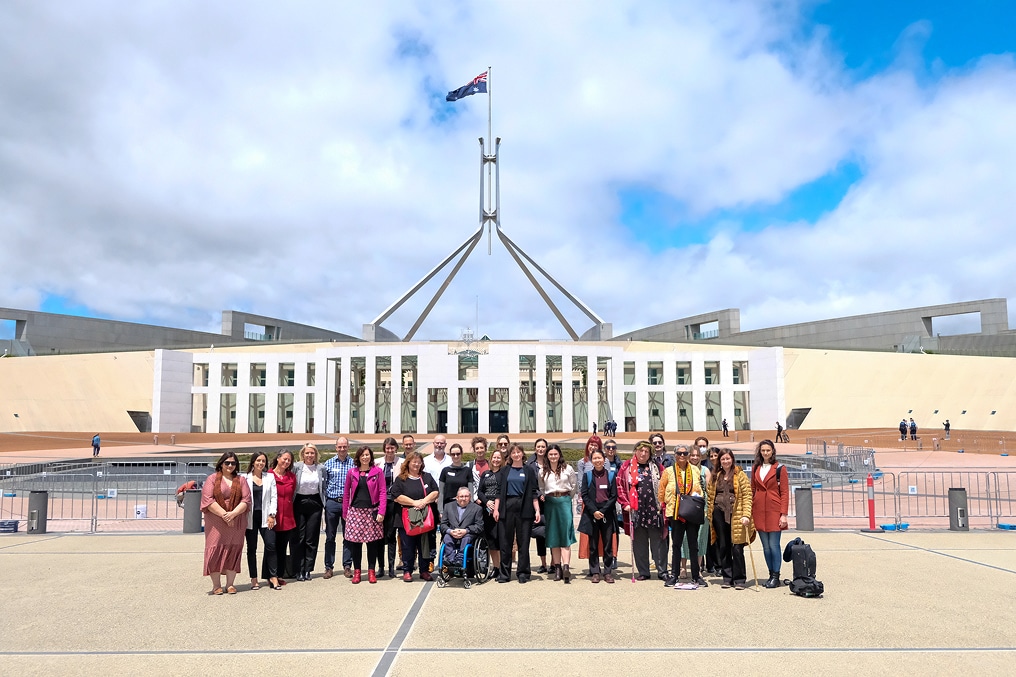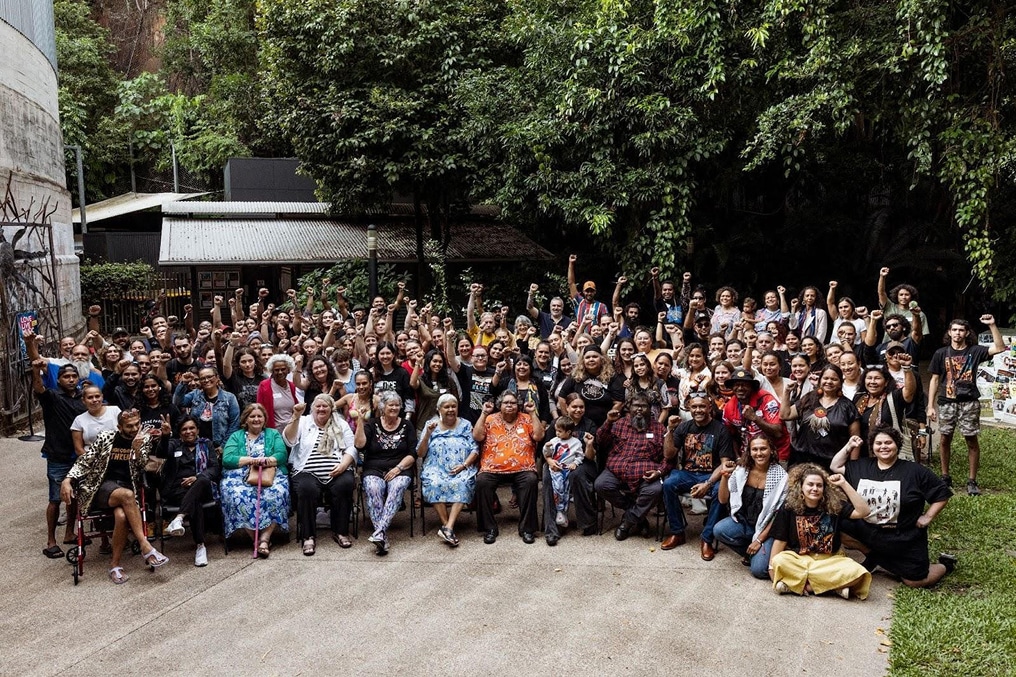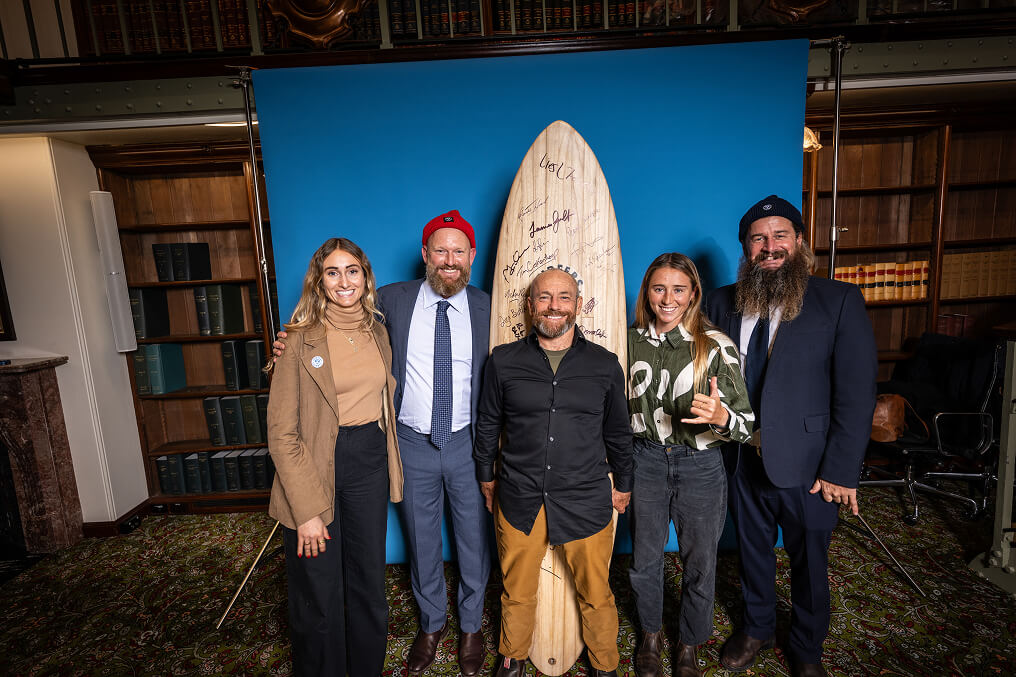Learners’ success is typically measured through school attendance and completion rates, yet these measurements fail to capture the complex and diverse ways in which young people actively learn. This is particularly relevant to alternative learning organisations who help keep young people at risk of disengaging from mainstream education connected to learning and their community.
While some organisations have developed their own ways of identifying practices that work, there is no national framework that captures what these organisations do, identifies common themes and highlights gaps in what is being measured and known. There is often a lack of evidence about what is working.
Thanks to a three-year ARC linkage grant with the University of Melbourne, a web-based ‘knowledge portal’ has been created. It will enable organisations working with young people to tap into a sector-relevant measurement framework to give them a more sophisticated understanding of the impact they are making and have access to data to make improvements.
Through our research and interviews with the alternative learning sector, it was apparent that organisations also needed an online tool of collecting, analysing and reporting on the Enabling Spaces Evaluation Framework. We have been working with Hands on Learning, the Beacon Foundation and SEACC in partnership with Collabforge to create a prototype of this tool which will be released in mid 2016.

“When young people talk about their education they do so far more holistically than the policy-makers and educational institutions that surround them.”
Professor Johanna Wyn and Dr Ani Wierenga Youth research Centre, Schools and Universities are Not Railway Stations



